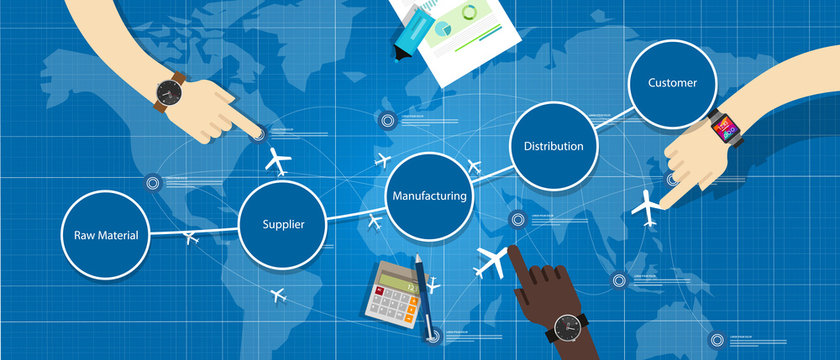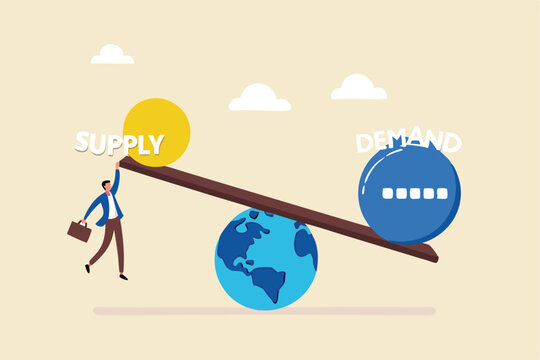Advanced Inventory Management Strategies
Effective inventory management serves as the backbone of successful supply chain operations, requiring sophisticated approaches that balance carrying costs with service level requirements. Modern inventory management systems leverage real-time data analytics, predictive modeling, and automated replenishment algorithms to maintain optimal stock levels across multiple locations and product categories.
The implementation of just-in-time inventory principles, combined with safety stock optimization, enables businesses to minimize working capital requirements while ensuring product availability. Advanced demand sensing technologies analyze multiple data sources, including point-of-sale information, weather patterns, and social media trends, to provide accurate short-term demand forecasts that drive inventory decisions.
Multi-echelon inventory optimization represents the next frontier in inventory management, considering the entire supply network simultaneously to determine optimal stock positioning. This approach reduces total system inventory while improving customer service levels through strategic placement of products across distribution centers, regional warehouses, and retail locations.




